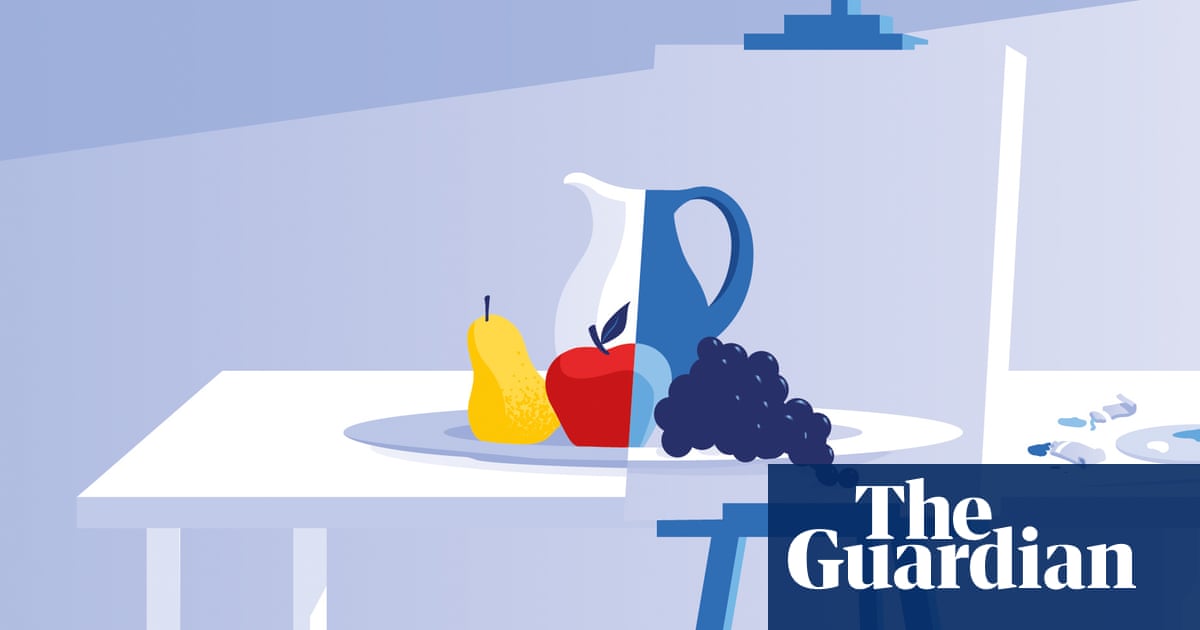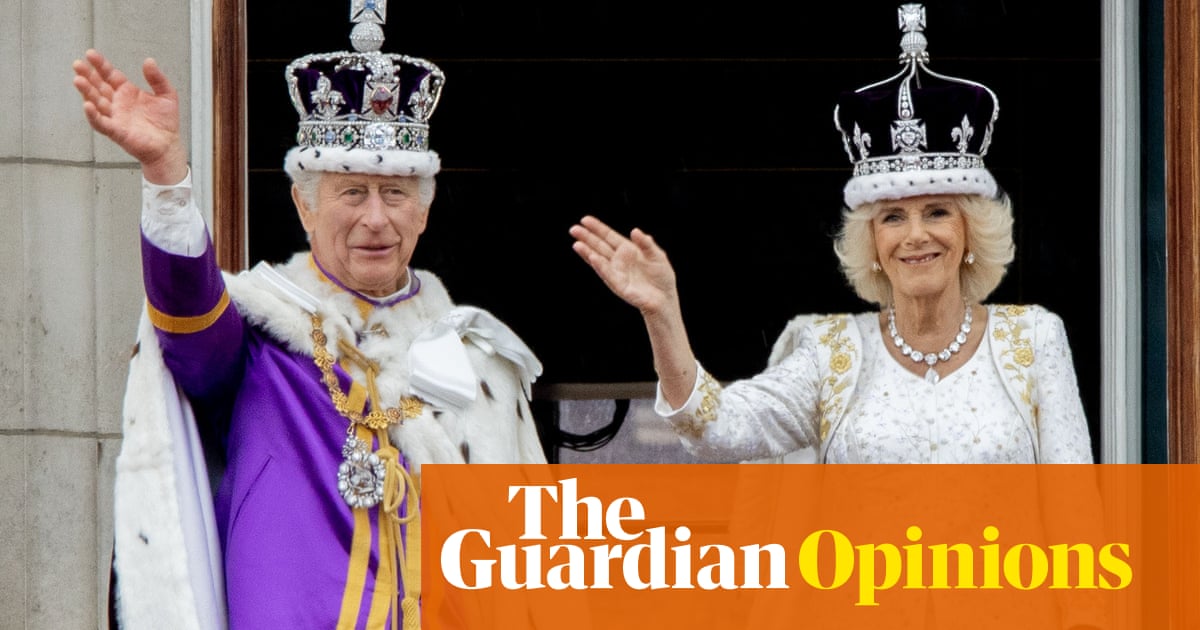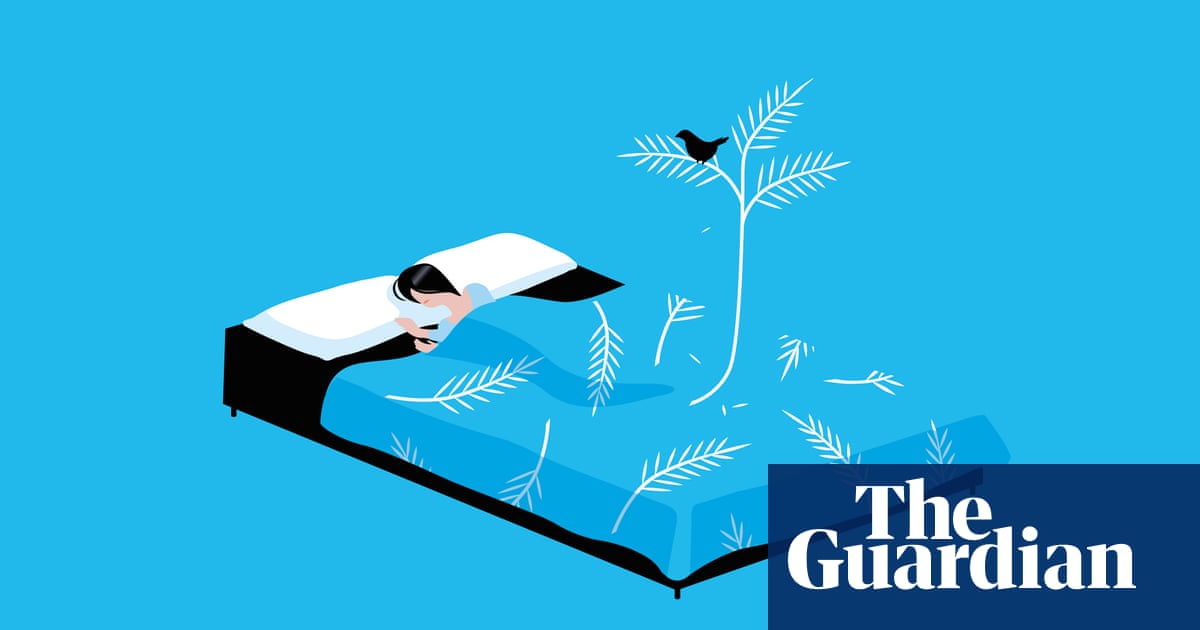
ince her marriage to the British actor Idris Elba last year, Sabrina Dhowre Elba has found her love of Africa being rekindled. But it was her mother who persuaded Elba to take up her new role as an activist.
The actor and Vogue cover model is being credited with convincing the Canadian government to be the first to pledge C$6m (£3.5m) to a UN agency Covid fund for struggling farmers after a persuasive Zoom chat with ministers while the Elbas were themselves in isolation with mild cases of the virus.
“I have no intention of being a figurehead,” Elba tells the Guardian, of the couple’s new position as UN goodwill ambassadors for the International Fund for Agricultural Development (Ifad). Referring to Canada’s significant investment, which encouraged other nations to step in, an Ifad spokesperson says Elba was phenomenal as an advocate for rural communities in African countries.
The daughter of a Somali mother who raised five children on her own, the Canadian model wants to change minds about the whole notion of aid.
“I want people to understand that the era of humanitarian aid is over; aid is not the future. The old idea of aid is dead. Idris always quotes that story of the fishing rod and the fish: helping is giving someone the education and the tools, not the fish.
“People work harder in Africa than perhaps anywhere, yet there’s this misconception that is engrained because of the way the continent has been presented. All those appeals for cash with struggling Africans. I remember as a kid, seeing Unicef adverts, a picture of the face of a hungry African child, thinking how awful it must be there.
“That face needs to be changed. That face doesn’t represent the billions of strong Africans, of strong women and girls whose voices aren’t heard. They want real, sustainable investment.”
The Elbas honeymooned in east Africa and both have fallen for the continent. “Idris and I always talk about retiring to Africa; we want to have kids in Africa, we’re both Africans, and we both would love to live there,” she says.
In December last year they went for “Idris’s homecoming”, his first visit to Sierra Leone, the birthplace of his late father. It was, says Elba, an eye-opening visit.
“I expected the attitude of people to be much worse than it was. Sierra Leone has been through so much, from the mudslides to Ebola, but the farmers were optimistic, there was such optimism,” she says. “I learned so much from talking to mothers, seeing that people saw realistic careers for themselves in rural communities, they don’t all want to go to the city, they want to build livelihoods where they are.”
By April, the couple were Ifad ambassadors. “You can have all these top-level causes but from my mother, I know about rural life and communities and especially how women and girls play such a massive role.
“She was calling me every day saying, ‘what are you going to do for women in Africa?’ She attributes so much of what she has achieved to having come from a rural community. And Idris cares so much about climate change and it’s so jarring that people with the smallest carbon footprint suffer the most, so it felt these all aligned in Ifad. Both me and Idris wanted to be on the ground and wanted to feel we were making an impact, however small, and where I feel I can make most of a difference is talking to people.”
Elba says recovery from the pandemic means thinking globally, in everyone’s interest.
“I can imagine everyone is currently worried about the state of their own country,” she says, urging that no one sees money as being ‘diverted’ to the developing world during the pandemic’s economic crisis. “It’s practical to invest now, so we don’t go backwards: we can’t slip back to 1990s levels of global poverty, we can’t have thousands of people displaced.”
Agriculture is far from the most glittering of causes, but Vancouver-born Elba says advocating for farmers in the developing world is vital.
“I talk to people and say look at what happened in the pandemic, what was the first thing everyone did? Rushed to the stores to buy grocery supplies. It was our necessity. So think about where that food comes from, those farmers and the vital jobs they do. Their survival is not just about their future but our future too. You don’t look after the rural communities and you’ll trigger a food crisis.
“I truly believe the continent of Africa and its future is in all our interests.”












